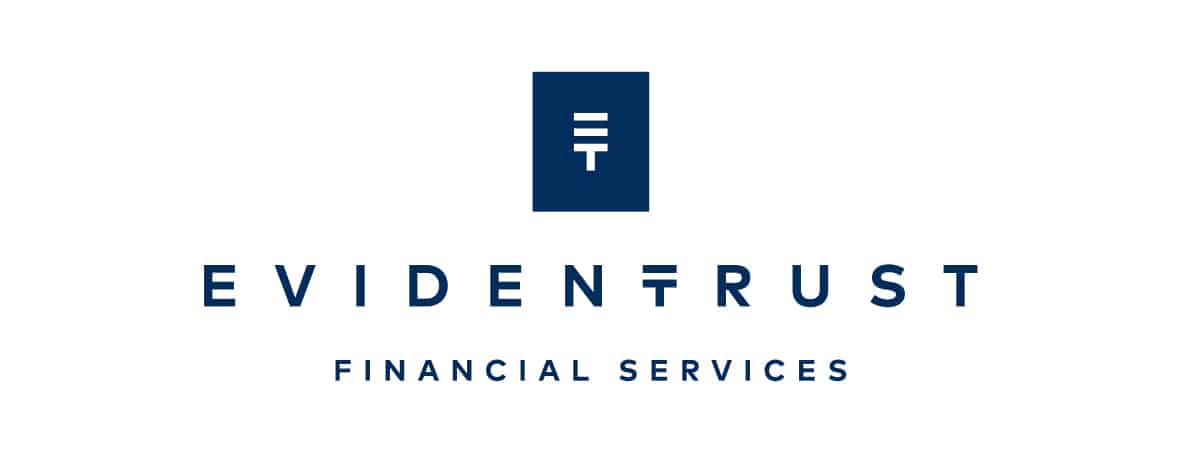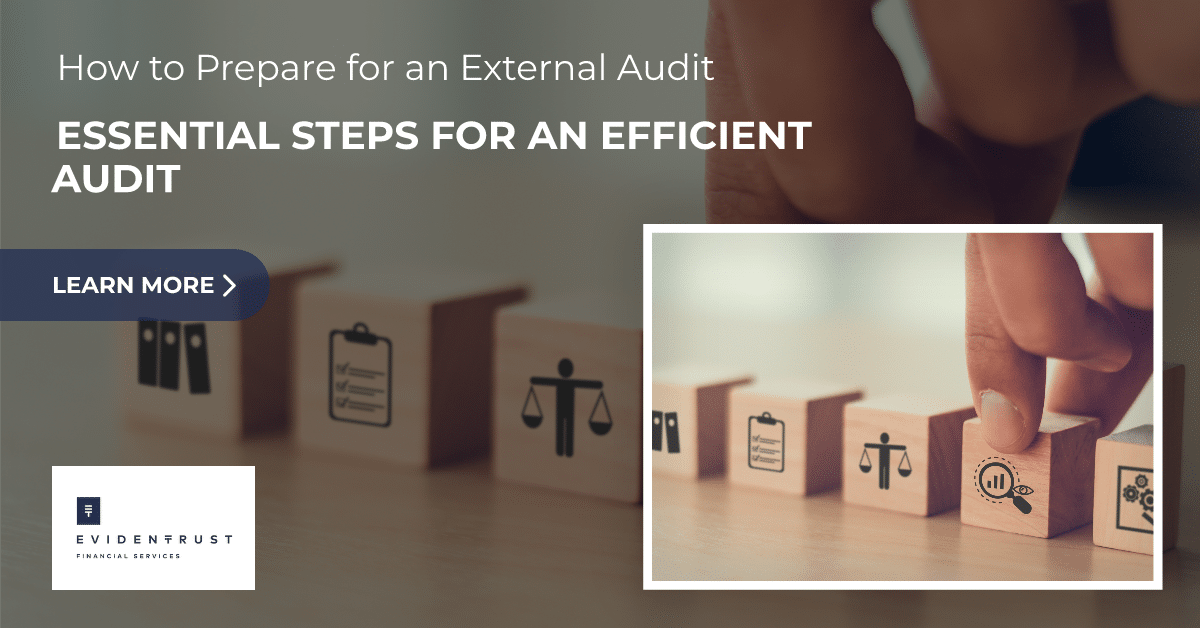Understanding the Legal Framework
In Cyprus, the legal framework governing external audits is primarily based on the International Financial Reporting Standards (IFRS) and the Companies Law, Cap. 113. Every company incorporated in Cyprus is required to maintain accurate accounting records and have its financial statements audited annually by a registered auditor. The Cyprus Securities and Exchange Commission (CySEC) also regulates PIE and public companies, by adding an additional layer of compliance.
Steps to Prepare for an External Audit
-
Organize Financial Records
- Ensure that all financial records, including ledgers, reports, invoices, bank statements, and receipts, are meticulously organized. These documents should be readily accessible and clearly categorized to facilitate the auditor’s review.
-
Review and Reconcile Accounts
- Perform a thorough review of all accounts to ensure that they are accurate and reconciled. This includes bank reconciliations, accounts payable and receivable, and inventory records as well as reconciliation with external/third party software. Discrepancies should be identified and resolved before the audit begins.
-
Update Accounting Policies
- Ensure that your accounting policies are up-to-date and compliant with IFRS and local laws. Any changes in accounting practices should be documented and communicated to the auditors.
-
Prepare Financial Statements
- This step is often overlooked by many companies in Cyprus, particularly because financial statements might be prepared by the external auditor as part of their services. However, it is crucial for companies to engage actively in the preparation of their financial statements. Not only does this demonstrate a strong internal control environment, but it also ensures that the management has a thorough understanding of the company’s financial health before the audit process begins.
- It is recommended to get in touch with the auditor well in advance to request a preliminary list of documents and schedules that will be required for the audit. This proactive approach allows the internal team sufficient time to gather and prepare the necessary documents, minimizing last-minute rushes and reducing the likelihood of errors. By preparing in advance, companies can avoid potential delays and ensure a more efficient and effective audit process.
-
Provide Material Event Disclosures
- It is essential to inform the auditor of all material events that occurred during the financial year and any significant post-year events that need to be disclosed as post-year-end events. These events could include significant transactions, changes in management, legal issues, or any other event that could impact the financial statements. Providing this information early ensures that the audit accurately reflects the company’s financial position and that all necessary disclosures are made in compliance with IFRS.
- Support these disclosures with relevant documentation such as board resolutions, agreements, minutes from meetings, and any other pertinent records. This documentation not only helps the auditor verify the events but also strengthens the credibility of the financial statements.
-
Internal Controls Review
- Review your company’s internal controls to ensure they are effective and documented. Strong internal controls help prevent errors and fraud, making the audit process smoother. Auditors will assess the effectiveness of these controls during their review.
-
Address Compliance Issues
- Ensure compliance with all local regulations, including tax laws, VAT filings, and corporate governance requirements. Non-compliance can lead to penalties and complications during the audit.
-
Agree on Audit Timing and Fees
- It is crucial to communicate with your auditor early to agree on the timing and fees for the audit. Setting these expectations upfront helps prevent misunderstandings and ensures that both parties are aligned on the audit timeline. Discussing fees in advance also allows the company to budget accordingly and avoid any financial surprises during the audit process.
- Ensure that the agreed timeline is realistic and provides adequate time for both the internal team and the auditors to complete their tasks thoroughly. A well-planned audit schedule contributes significantly to a smoother audit process.
-
Prepare for Common Audit Challenges
- Be aware of common challenges that businesses in Cyprus face during audits, such as:
- Incomplete Documentation: Ensure that all supporting documents for transactions are complete and accurate.
- Tax Compliance: Double-check that all tax obligations, including VAT and corporate tax, have been fulfilled and accurately reported.
- Disclosure Requirements: Verify that all necessary disclosures are included in the financial statements, particularly those related to related-party transactions and contingencies.
- Be aware of common challenges that businesses in Cyprus face during audits, such as:
-
Conduct a Pre-Audit Review
- Consider conducting an internal pre-audit review to identify and rectify potential issues before the official audit begins. This step can save time and reduce the likelihood of audit adjustments.
-
Educate Your Team
- Ensure that your finance and accounting teams are well-prepared for the audit. They should understand the audit process and be ready to provide the auditors with the information they need.
Post-Audit Steps
After the audit, review the auditor’s findings and recommendations carefully. Implement any necessary changes to improve financial reporting and internal controls. Maintaining ongoing compliance and readiness for future audits is essential for the continued success of your business.
Conclusion
Preparing for a financial audit in Cyprus requires careful planning, organization, and compliance with local regulations. By following these steps, Cypriot businesses can ensure a smoother audit process and maintain the financial health and transparency of their operations. Regular audits not only fulfill legal requirements but also enhance the credibility and trustworthiness of your business in the eyes of stakeholders.
For further guidance or assistance with audit preparation, consider consulting with a professional audit firm in Cyprus to ensure that your company meets all regulatory requirements and is well-prepared for any financial scrutiny.







